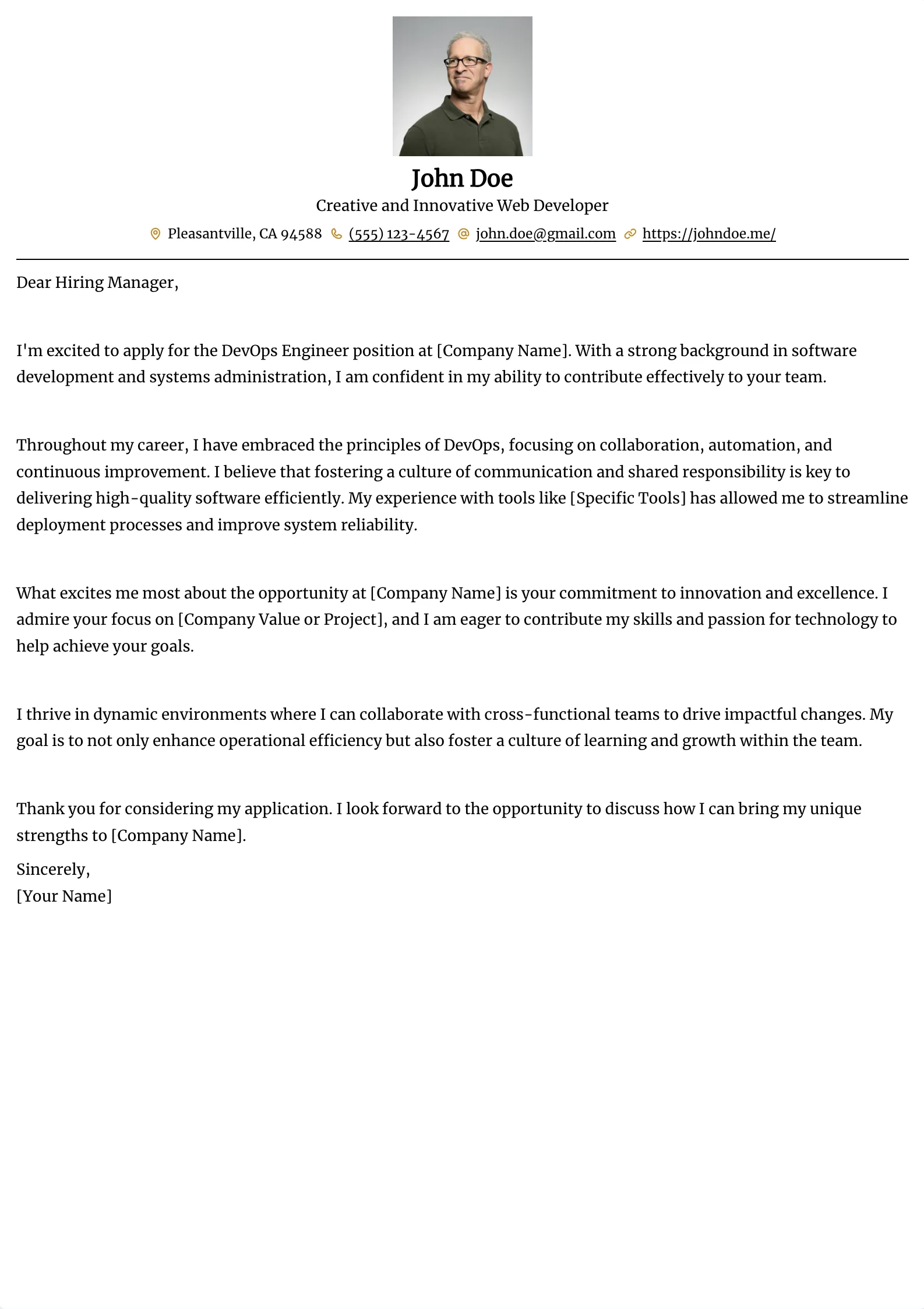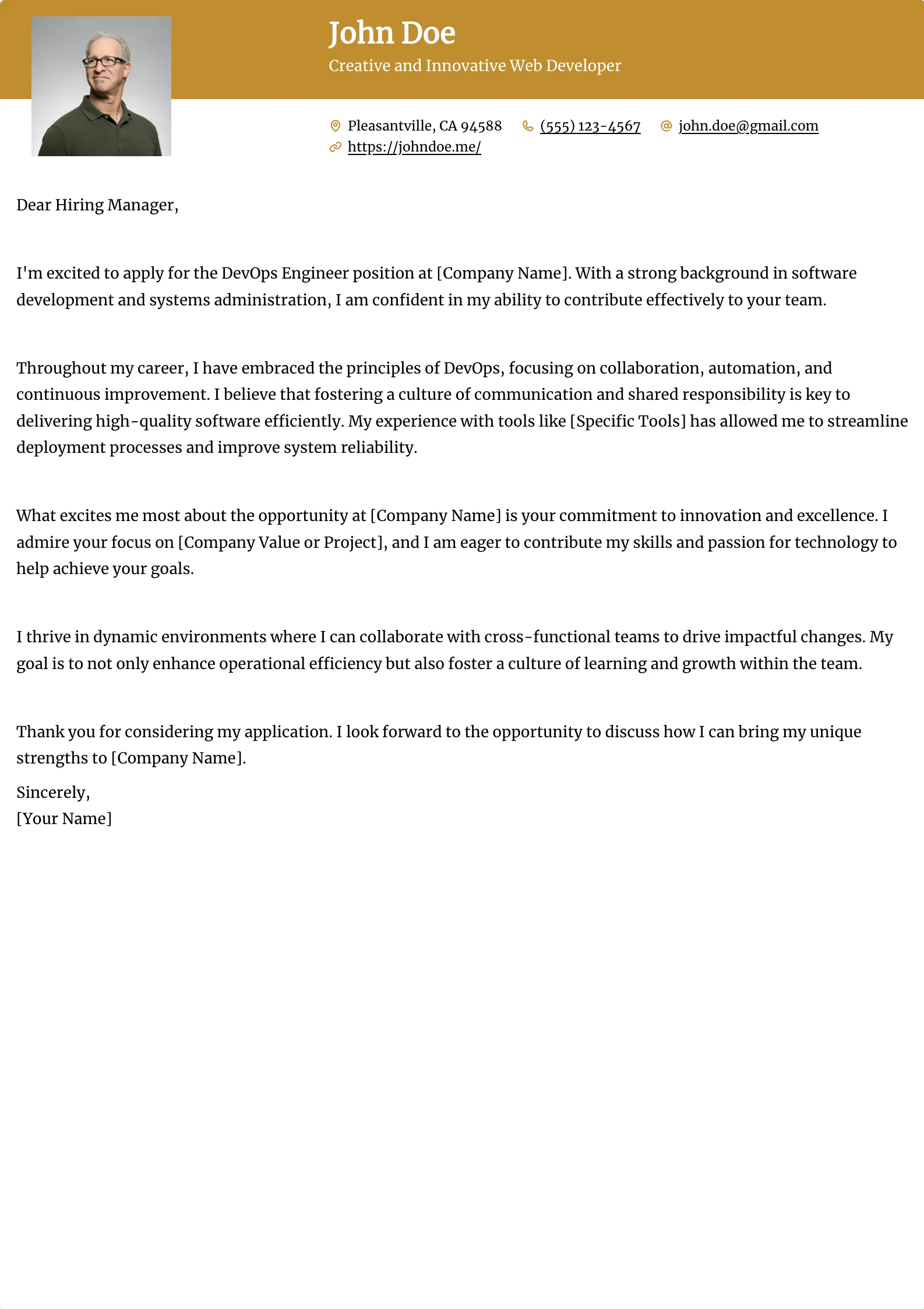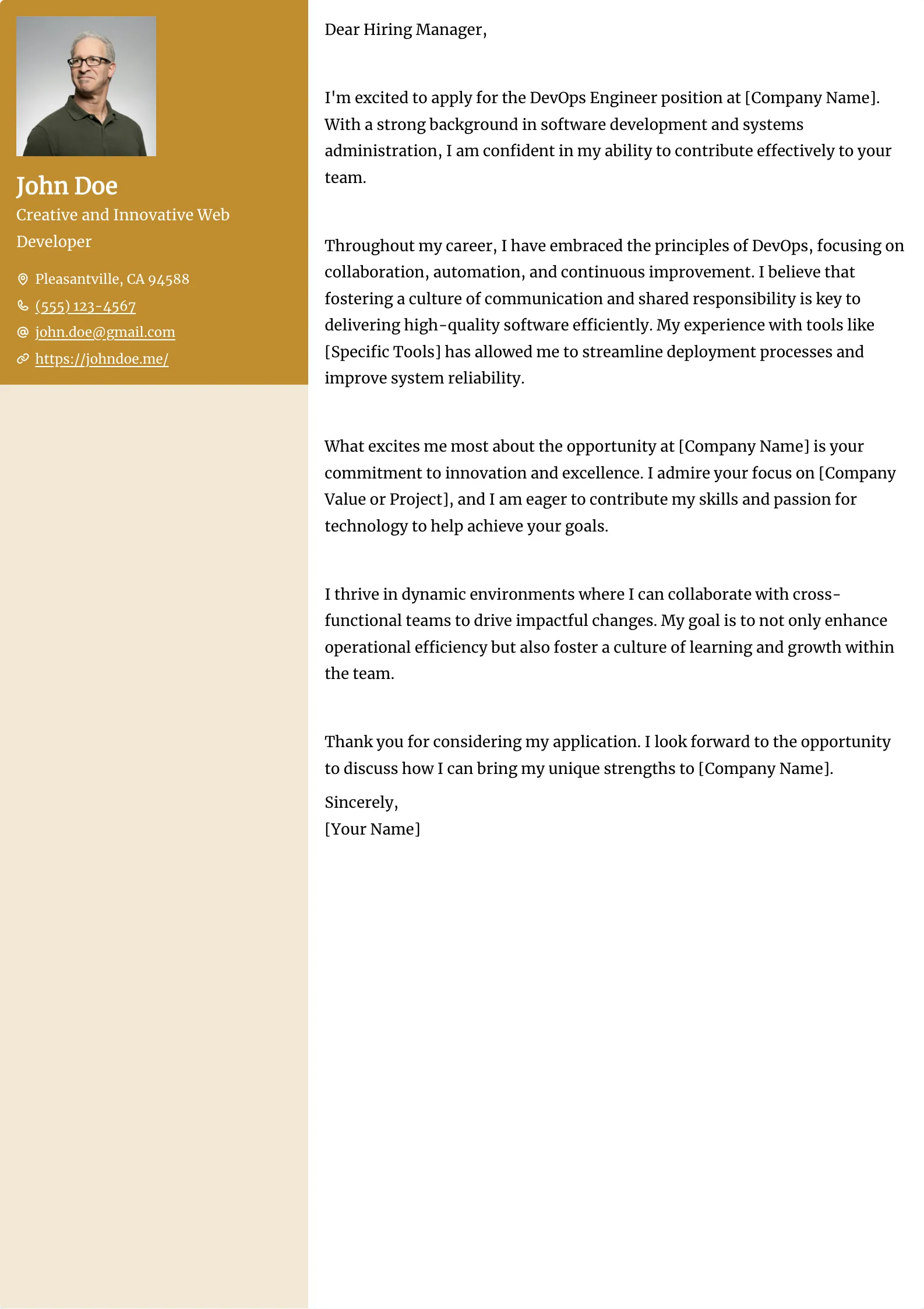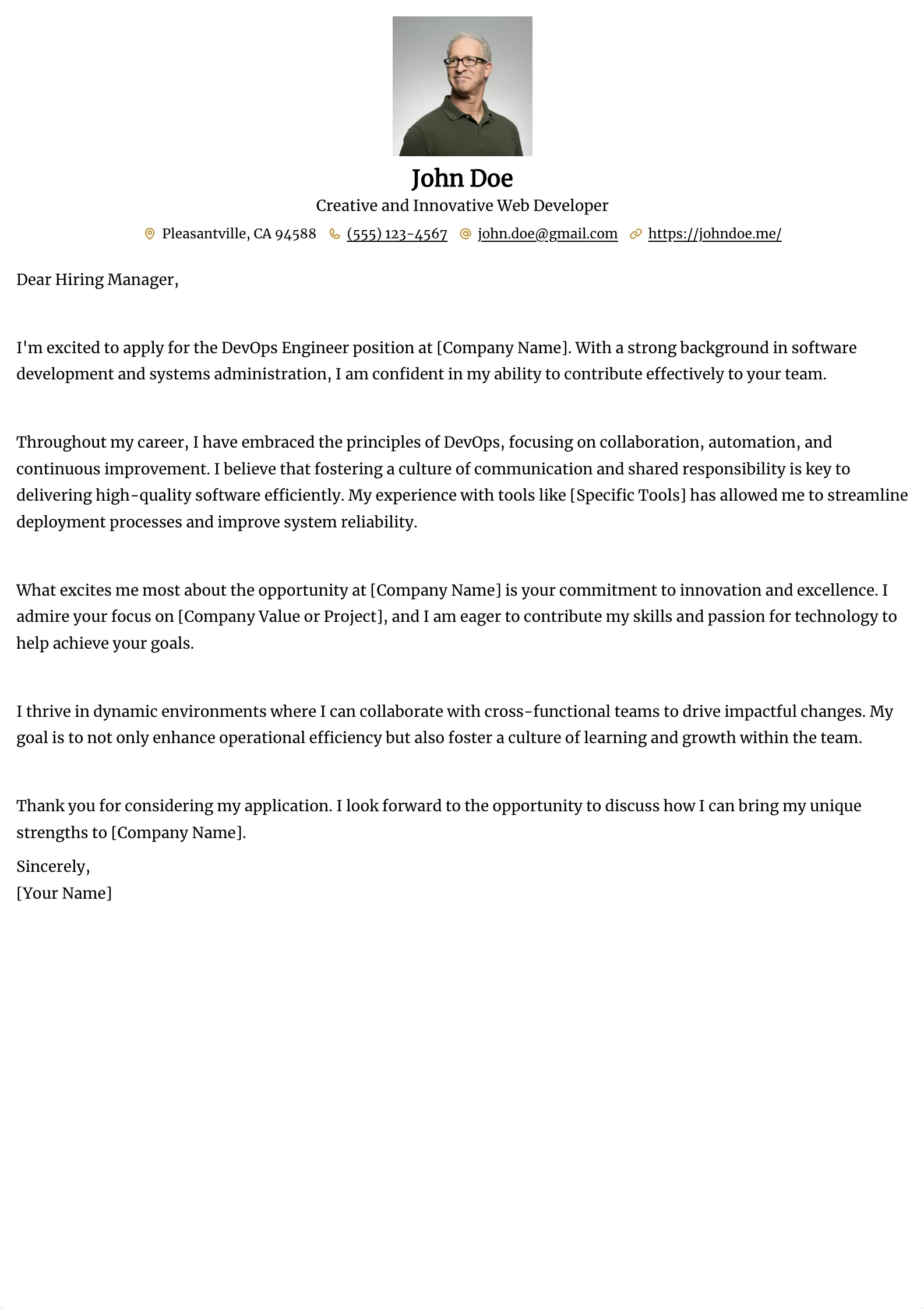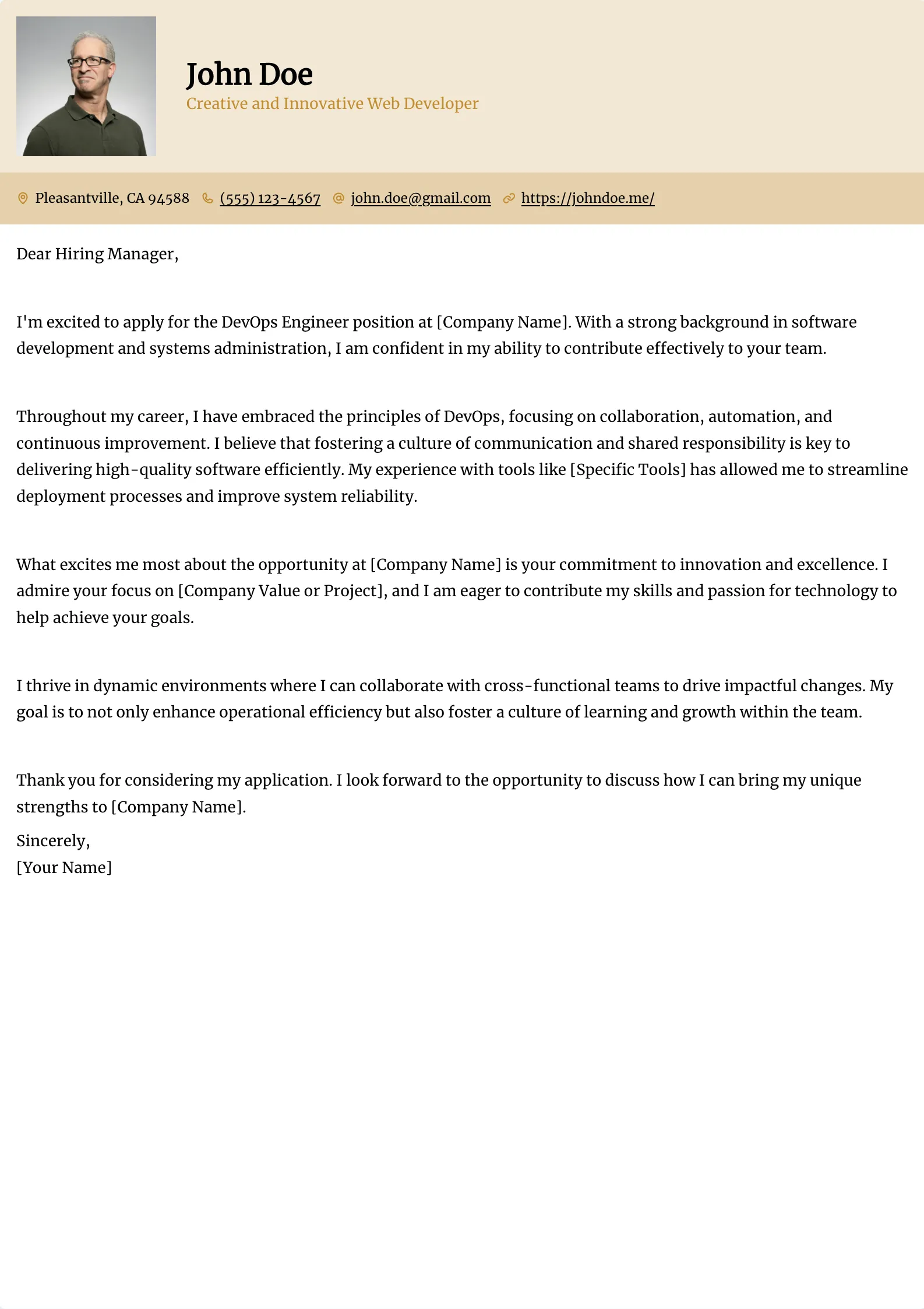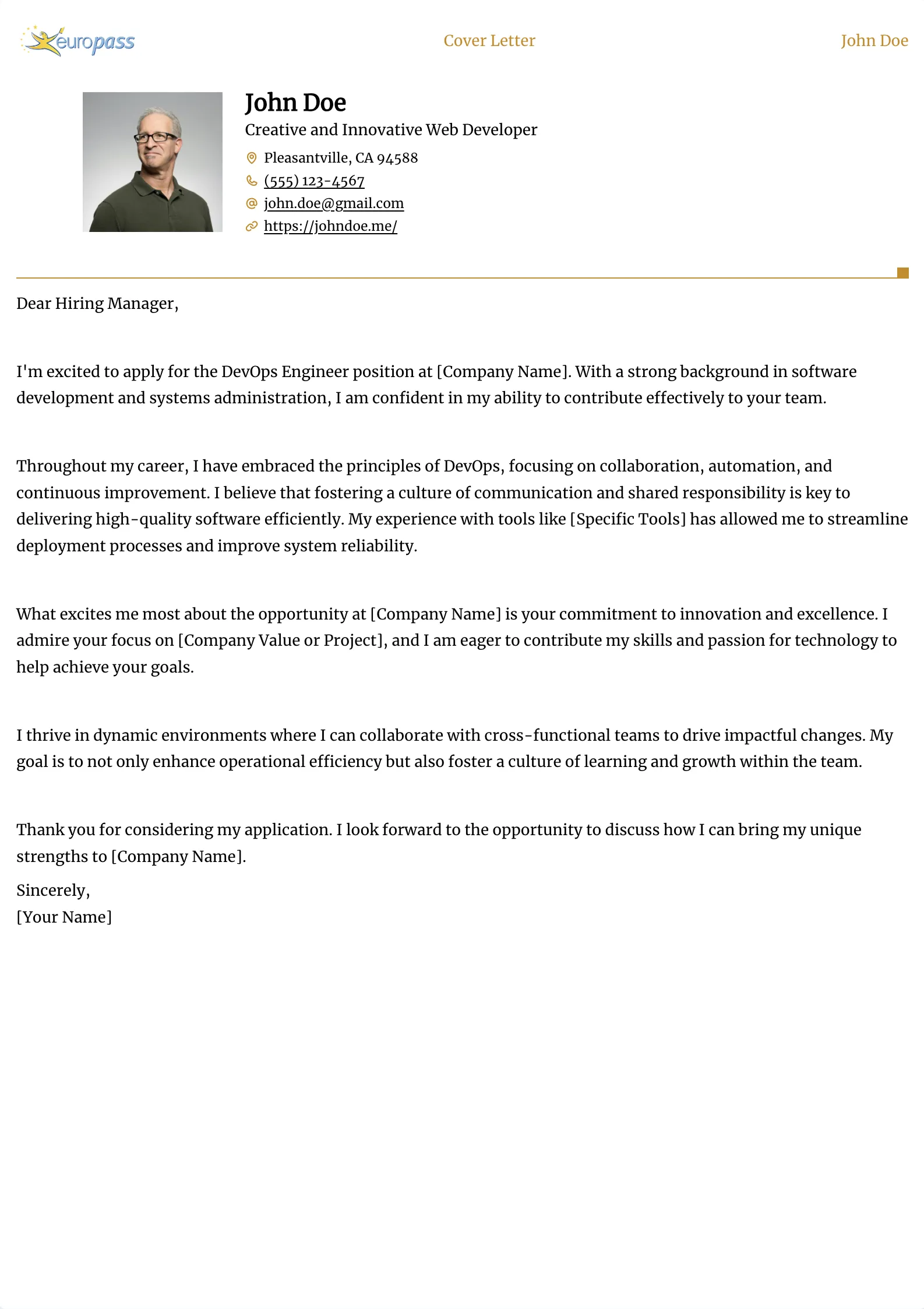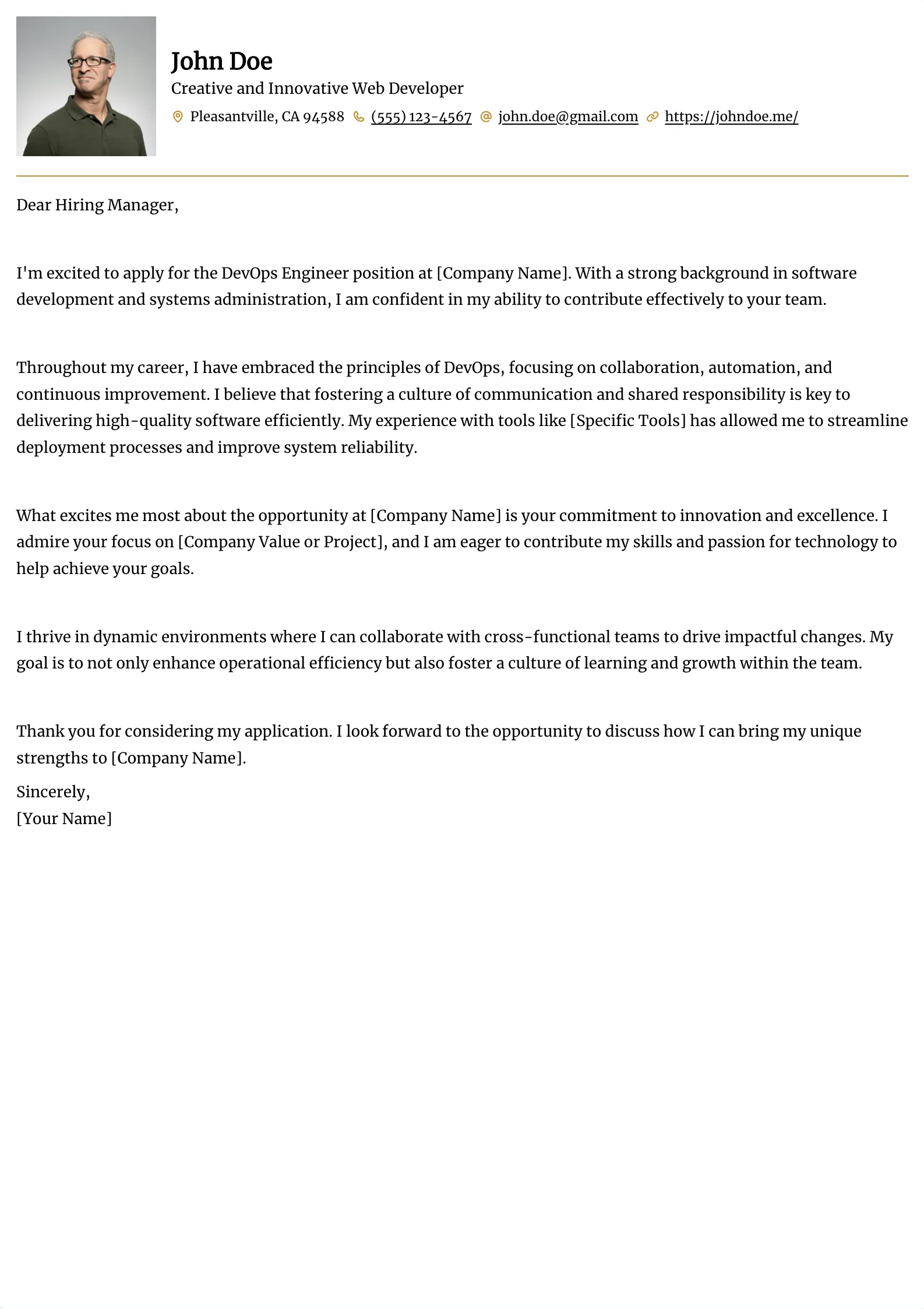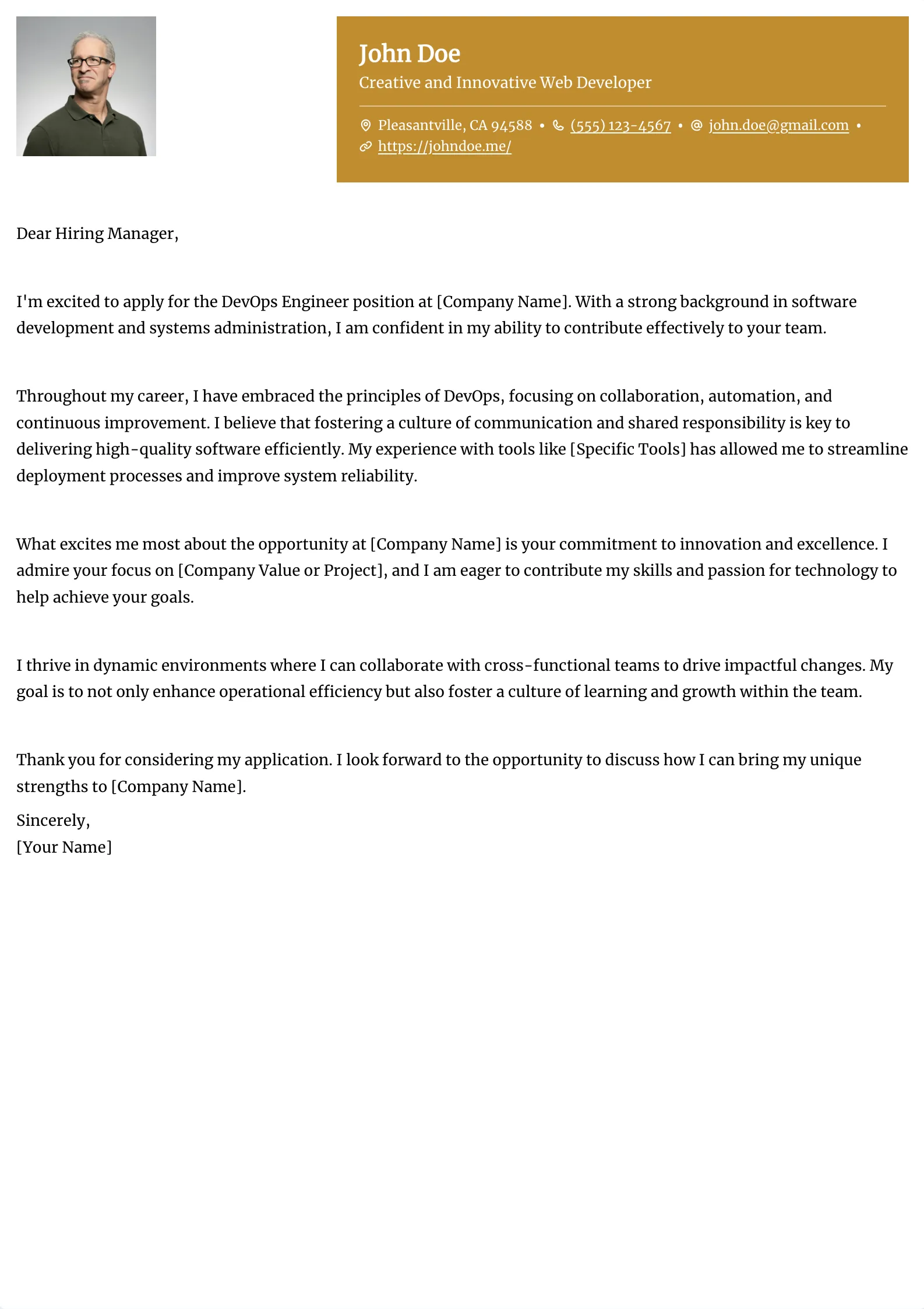Cover Letters Still Matter – Here’s When to Write One

Do Cover Letters Still Matter in 2025?
With rapid changes in hiring practices, many job seekers question the necessity of cover letters. However, according to recent insights from Harvard Business Review (HBR), cover letters retain significant value in the hiring process. HBR emphasizes that a thoughtful, personal cover letter helps fluidly communicate a candidate’s unique qualifications, motivation, and cultural fit that resumes alone cannot fully capture.
But does every job application require a cover letter? Let's explore exactly when you should write one.
When You Should Definitely Write a Cover Letter:
- Career Change or Industry Shift: If shifting industries or substantially changing roles, a tailored cover letter helps you explain relevant transferable skills, reducing risk in the eyes of potential employers.
- Formal or Traditional Industries: Sectors such as finance, law, consulting, academia, and government often expect comprehensive cover letters as part of the standard hiring protocol.
- Competitive Roles and Companies: Highly competitive organizations often use cover letters to differentiate enthusiastic, detail-oriented, and motivated candidates who align with company values.
- You Have a Unique Background or Situation: Cover letters allow for nuanced explanations such as employment gaps, relocations, or unique work scenarios, helping recruiters better understand context.
- The Job Posting Specifically Requests a Cover Letter: Many companies explicitly ask for cover letters—failing to include one may lead to automatic rejection.
- Your Application Relies on Networking or Referrals: Use a cover letter to mention referrals explicitly, strengthening your credibility and showcasing established connections.
What Experts Say: Are Cover Letters Worth the Effort?
According to HBR research, recruiters consistently indicate that strong cover letters set candidates apart, especially given identical resume qualifications. A well-written letter conveys passion, initiative, and strong communication skills—qualities highly valued in most workplaces. Moreover, hiring professionals frequently consider cover letters to gauge genuine interest and understand candidates beyond the constraints of their resumes.
"Even in today's digital age, a thoughtfully composed cover letter can sharply differentiate you from other candidates. It shows that you’re genuinely interested in the role and have put significant effort into your application," suggests Harvard Business Review.
When a Cover Letter May (Sometimes) Be Skipped:
- Positions explicitly instructing not to submit a cover letter.
- Large-scale online applications where cover letters aren't requested, reviewed, or considered.
- You have strong insider connections at the organization, diminishing reliance on additional context.
Tips for Strong Cover Letters (When Needed):
- Tailor Every Letter: Personalized cover letters outperform generic ones.
- Highlight Fit and Motivation: Clearly explain your professional alignment and enthusiasm.
- Keep it Concise Yet Informative: Usually one page (around 200-350 words) suffices.
- Use Clear Structure: Introduction, relevant skills, enthusiasm statement, and concise closing.
Encourage Sharing and Discussion
Found this guide useful or insightful? Share it with friends, colleagues, or across career forums and professional platforms like LinkedIn, Reddit communities, or social networks. Your input can help others navigate common career questions effectively!
Final Takeaway: Cover Letters Are Valuable—When Personalized and Purposeful
Although sometimes seen as optional, personalized and context-specific cover letters significantly enhance your job applications for many roles and circumstances in 2025. Make sure to consider the industry, job specifics, and company culture when deciding if a cover letter is appropriate—doing so can substantially improve your chances of securing interviews and ultimately landing your ideal job.
Keywords to Explore:
"cover letters still matter," "are cover letters worth it," "cover letter job application," "when to write a cover letter," "cover letter tips," "cover letters HBR"
Categories
Related Articles
Keywords
Try our Sample Cover Letter Editor
Use this editor to modify a sample cover letter, adjusting the content's formatting, layout, and style to match your preferences. This section provides a hands-on demonstration of how your cover letter can look once customized.
